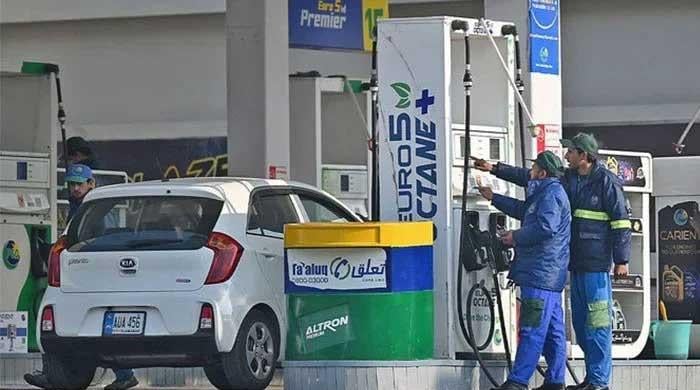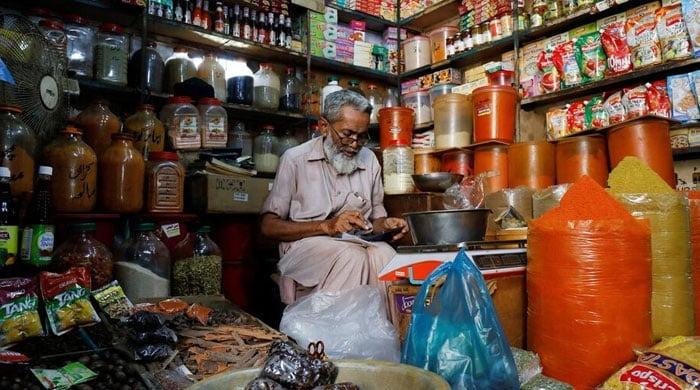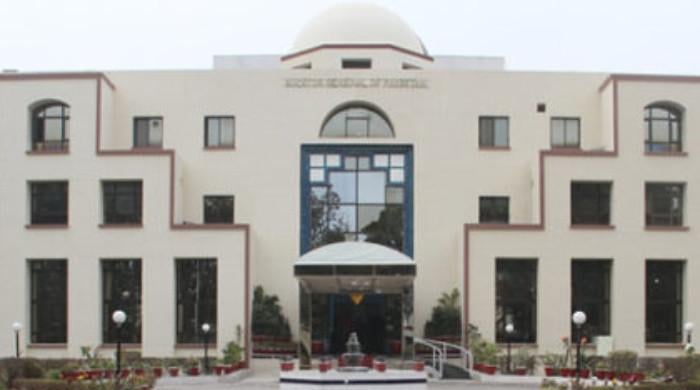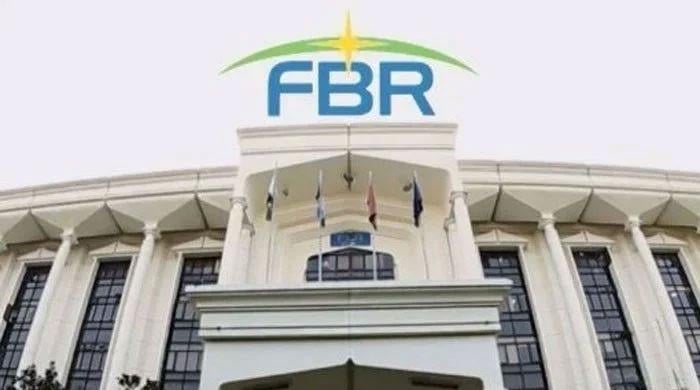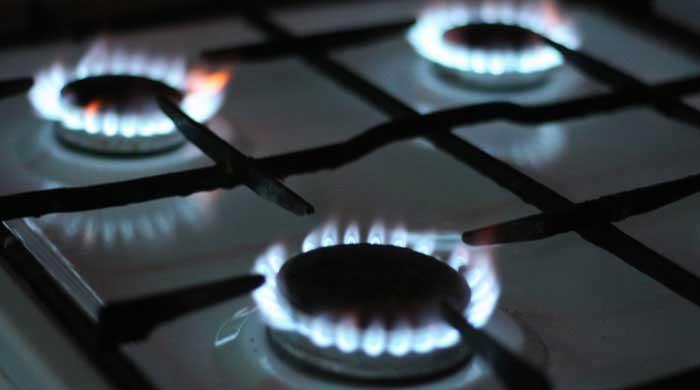Caretaker govt to begin talks with IMF on quarterly review next month
Finance Minister Dr Shamshad Akhtar also tells senators that Pakistan has requested Saudi Arabia and China for financing
September 28, 2023
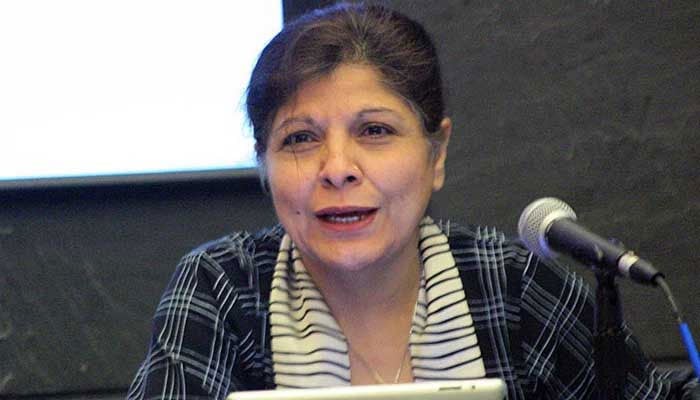
- Pakistan has requested Saudi Arabia, China for financing: Akhtar.
- Says Pakistan is under pressure due to the debt repayment.
- "Inflation not rising but also not declining because of high demand."
ISLAMABAD: Caretaker Finance Minister Dr Shamshad Akhtar has revealed that the government will begin talks with the International Monetary Fund (IMF) on the quarterly review at the end of October to get the next tranche.
In a briefing to the Senate Standing Committee on Finance and Revenue on Thursday, she said that she took charge on August 17 and the macroeconomic indicators at that time were “very bad”. The inflation had reached 38% but the “good news” was that it was declining, she added.
The interim finance czar said that in 2023 inflation reached a record level and the GDP declined to 0.3%. But the minister also believes that the inflation had stopped increasing but was not declining due to high demand.
“In 2023, the production of major industries decreased by 10%,” Dr Akhtar said. She added that in 2022 the agricultural product also declined by 2.5%.
“The country’s economy was affected by the floods and Ukraine war,” Dr Akhtar said, adding that in 2023, 4 million people became victims of poverty and unemployment in the country has reached 10%.
“Pakistan is under pressure due to debt repayment,” the federal minister further said. The caretaker government, she said, was working to restore the economy through institutional stability and her ministry was working on an economic recovery programme by taking short and medium-term measures.
“We are trying to make better economic decisions to help the future government,” she said. According to her, the provinces have been instructed to reduce their expenses.
The minister assured the senators that the interim government is determined to implement the IMF programme. She also said that the State Bank of Pakistan’s (SBP) foreign exchange reserves can cover 1.5 months of imports while the country requires $20 billion this year.
“The country's economy is recovering, confidence is increasing,” believes the finance minister. She added that Pakistan was expecting more support from friendly countries. “We have requested Saudi Arabia and China for financing.”
the finance minister added that the government is also requesting Riyadh to provide oil on a loan.
IMF Executive Board approves $3 billion SBA
Just a few days before the Shehbaz Sharif-led government dissolved the National Assembly in August, Pakistan had entered a 9-month Stand-By Arrangement (SBA) with the IMF for an amount of about $3 billion.
Islamabad signed a short-term IMF deal on June 30 under which the country will receive $3 billion over nine months, subject to approval by the IMF's board.
After the Executive Board’s approval, Pakistan had received an immediate disbursement of SDR894 million (or about US$1.2 billion).
The remaining amount has been planned to be phased over the programme's duration, subject to two quarterly reviews.
Pakistan secured the bailout package after taking tough economic measures including increasing interest rates and raising taxes to meet IMF conditions.
In a bid to ensure that the programme's measures are implemented in the lead-up to the elections due in October, the lender's team met all mainstream political parties including Imran Khan-led Pakistan Tehreek-e-Insaf (PTI) to seek support and consensus for the SBA.




